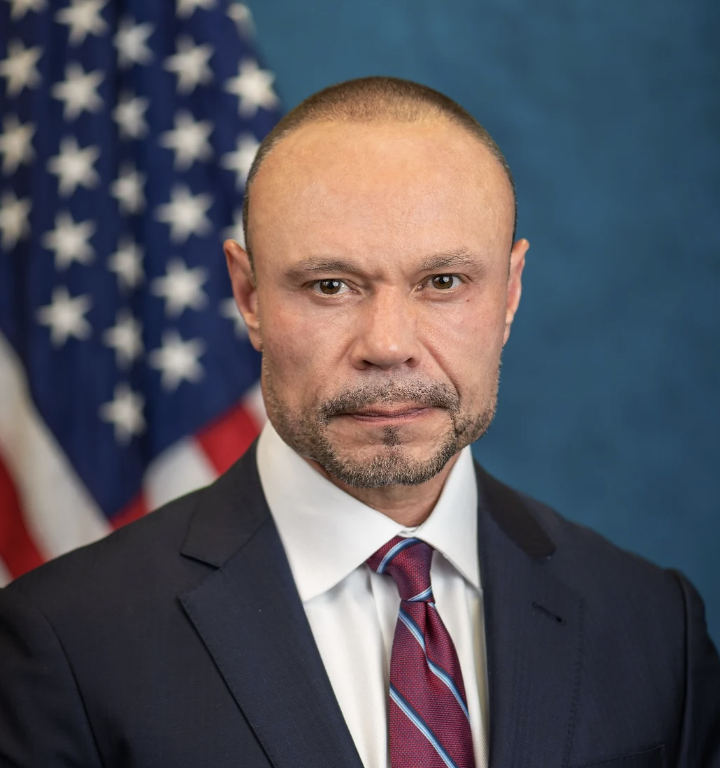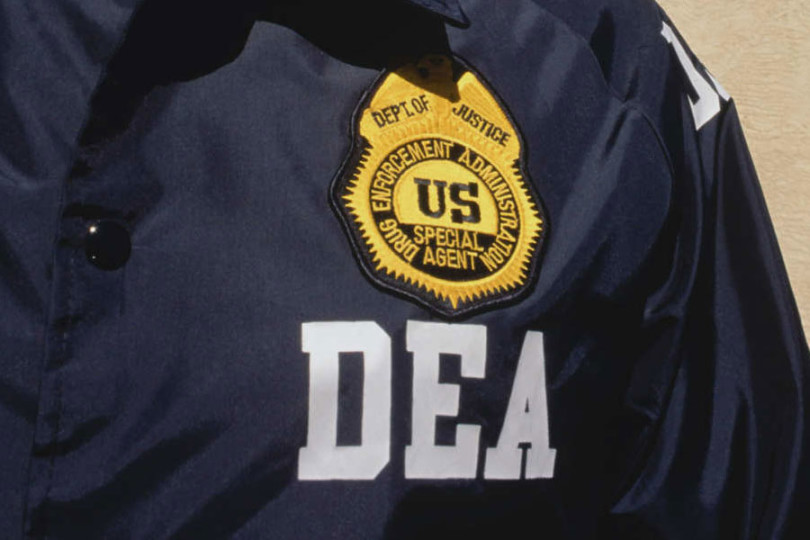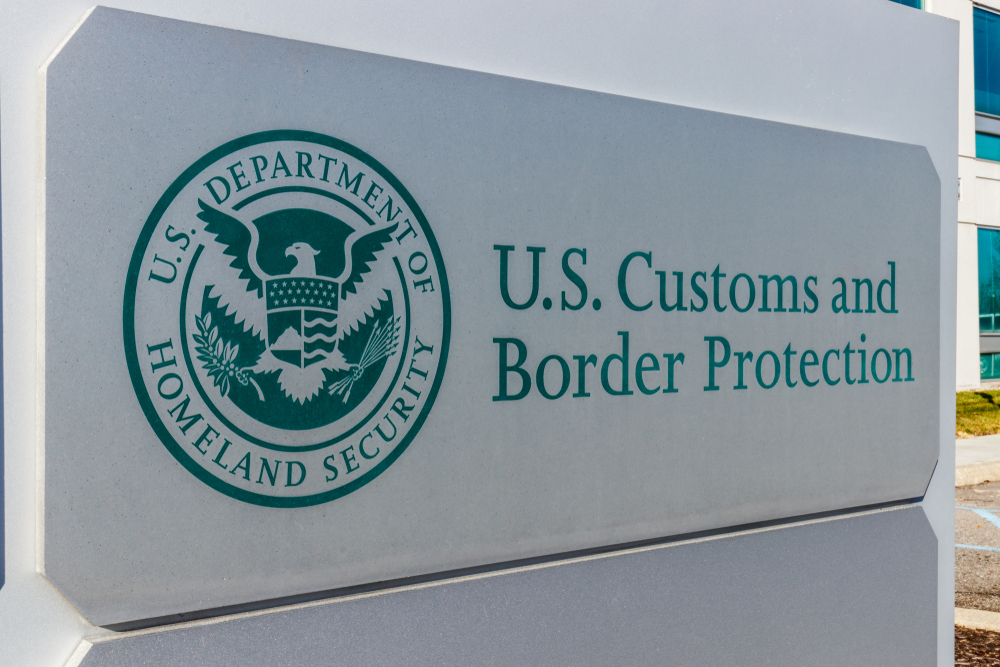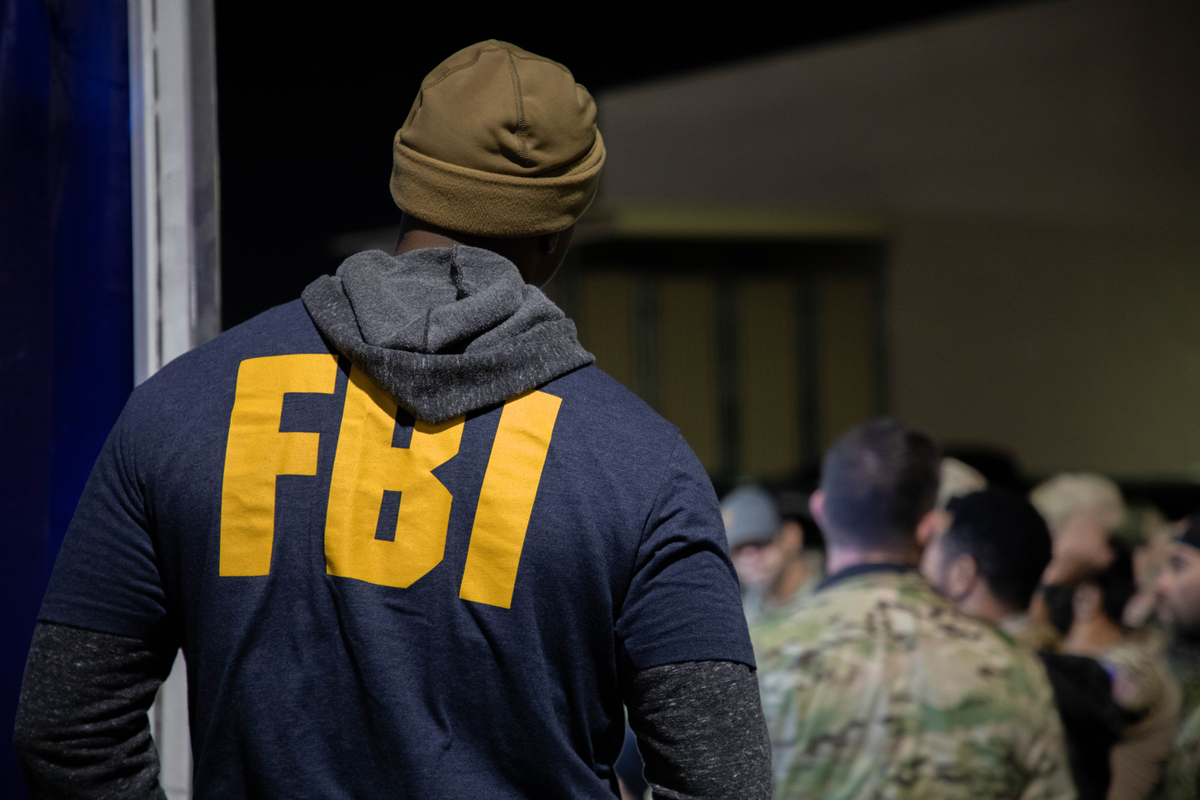The writer, an FBI agent for 31 years, retired as resident agent in charge of the Ann Arbor office in 2006. He has a law degree from the University of Nebraska College of Law. He is the author of "FBI Case Files Michigan: Tales of a G-Man."
By Greg Stejskal

President Trump (White House photo)
President Trump has compromised the Justice Department and other branches of government in numerous ways. It’s offensive to those of us who served in the FBI and swore to uphold the Constitution—not the politics of the person occupying the White House, whether Republican or Democrat.
But before we get to the sad state of affairs, here’s where it all began:
At the inception of our Constitutional Republic in 1789, there was no Department of Justice. There was an attorney general—a cabinet-level position created by Congress. It was a part-time job that primarily involved providing legal opinions to the president and Congress.
It wasn’t until after the Civil War that a Department of Justice was established to prosecute violations of the Military Reconstruction Act that had been passed to enforce the 13th Amendment (outlawed slavery) and the 14th Amendment (guaranteed that rights granted to all citizens could not be abridged by the states). The DOJ was administered by the Attorney General, and its initial focus was on the violence and intimidation instigated by the Ku Klux Klan against freed Blacks in the southern states that had fought against the U.S.
Over the next few decades, federal criminal jurisdiction expanded with the growth of the country and to address “national” crimes like those involving interstate commerce. Early in the 20th Century, it was recognized that the DOJ needed its own investigative division. The Division of Investigation was formed in 1908 and later renamed the Federal Bureau of Investigation.
After the establishment of the DOJ and the expansion of its prosecutorial and law enforcement powers, the potential for misuse of those powers was recognized. Historically, there have been efforts to misuse the DOJ’s authority, but in most instances, pushback from the attorney general, other DOJ attorneys, or members of Congress has forestalled those efforts. However, if there is no resistance—no meaningful checks on the president’s use or abuse of the DOJ for retribution or political gain—it can cause significant damage to civil liberties and the integrity of the justice system.

President Nixon
Probably one of the most notorious examples of presidential abuse was during the Watergate Scandal and the efforts to cover it up – referred to as the “Saturday Night Massacre.” Archibald Cox had been appointed Special Prosecutor to investigate the Watergate matter. Cox subpoenaed the White House tapes which were later determined to contain very incriminating evidence.
Then President Nixon ordered the firing of Cox by AG Elliot Richardson. He refused and resigned. Nixon then ordered Deputy AG William Ruckelshaus to fire Cox. He too refused and resigned. Nixon finally ordered the third highest attorney in the DOJ, Robert Bork, the solicitor general, to fire Cox. Bork did fire Cox, but under protest.
Nixon’s actions were not received well by Congress, and it accelerated the impeachment process, ultimately leading to Nixon resigning.
President Trump had a similar conundrum during his first term. Trump fired FBI Director James Comey because he wanted the FBI to close its investigation of the Russian meddling in the 2016 presidential election and possible links to the Trump campaign. When Comey didn’t comply, Trump fired him.
Trump’s AG William Sessions had recused himself from the Russian investigation as he was a potential witness. When Trump fired Comey, Sessions appointed a special counsel, Robert Mueller, to investigate the Russian matter. Although Trump wanted to fire Mueller, Sessions and the White House counsel resisted. Mueller was able to complete the investigation, concluding the Russians had interfered in the 2016 election to benefit Trump. It also established there was probable cause that Trump had obstructed justice by attempting to interfere with the investigation.
“The first thing we do, let’s kill all the lawyers.” Henry VI, pt.2 William Shakespeare

Retired FBI agent Greg Stejskal
Apparently having learned from experiences in his first term, Trump took a number of preemptive actions early in his presidency. The actions were not as drastic as what the Shakespeare quote suggests – not killing the lawyers just firing them.
Trump orchestrated with some of his “loyal” White House staff the first of a series of “Friday Night Massacres” (so-called because they were reminiscent of the Watergate Saturday Night Massacre).
In January soon after taking office, Trump fired 17 inspectors general from various executive branch agencies. The agencies’ inspectors general were created by Congress to ferret out waste, fraud and abuse in their respective agencies. Congress in creating the inspectors general wanted them to be insulated from politics. They were appointed for a term of years not concurrent with the term of the president and could only be fired for cause and Congress was to be given 30 days’ notice prior to the termination. Trump didn’t indicate any cause for the firing and no notice was given to Congress. Unlike Watergate there was minimal resistance by the Republicans in Congress and the terminations were allowed to stand.

Joint Chiefs of Staff, Gen. Charles Brown
In subsequent Friday Night Massacres, Trump with his Secretary of Defense, Pete Hegseth, fired the chair of the Joint Chiefs of Staff, Gen. Charles Brown; Chief of Naval Operations Admiral Lisa Franchitti; Vice-Chief of Staff of the Air Force, Gen. James Slife, and the heads of the Judge Advocate Generals (the military attorneys) for the Army, Navy and Air Force.
Hegseth indicated the terminations were because these officers were proponents of Diversity, Equity and Inclusion (DEI) in the military, and this was not in keeping with Trump’s agenda which in many instances seems to track “Project 2025.”
What has occurred in the DOJ is a little more nuanced, and this is not meant to be inclusive of all the questionable actions that have been taken since the inauguration — some of which I have written about in other columns.

Pam Bondi
After Pam Bondi became AG, Trump sent her a message. Trump did not want the DOJ to investigate or prosecute any violations of the Foreign Corrupt Practices Act involving US businesses paying bribes to foreign government officials. Trump has contended that not being able to pay bribes put American businesses at a competitive disadvantage.
Coincidently, it was reported that Trump’s sons who had been negotiating with the Vietnamese government regarding a Trump resort in Vietnam were receiving favorable treatment and their proposal was being fast-tracked. (A similar situation would be for someone with political power to accept a valuable personal gift from a foreign government like a very opulent Boeing 747 jetliner. Even without an apparent quid pro quo, it has the appearance of being a bribe.)
Trump has also with the support of the DOJ used executive orders to extort law firms that have “opposed his agenda” or in some way have displeased him. The executive orders, which have been determined to be unconstitutional, threatened to revoke security clearances for attorneys of targeted firms and not allow the attorneys access to federal facilities such as courthouses. To avoid the sanctions some law firms agreed to provide Trump with free legal services worth millions of dollars to further his agenda.

Ed Martin Jr.
Trump’s choice for U.S. Attorney in the District of Columbia, Ed Martin Jr., as acting U.S. Attorney, demoted or transferred skilled, experienced, Assistant U.S. Attorneys to less desirable positions because they had been involved in the prosecution of J6 insurrectionists.
Trump had already pardoned or commuted the sentences of virtually all the J6 defendants. Trump withdrew Martin’s nomination to be D.C. U.S. Attorney but had AG Bondi put him in charge of the DOJ pardon office. Martin who has no prosecutorial experience has said, “no MAGA left behind” referring to those who should receive pardons. He recently said he's considering pardoning two men convicted in the kidnapping plot of Michigan Gov. Gretchen Whitmer.
Since the J6 pardons, several people have been pardoned for no discernable reason other than they have professed support for Trump and MAGA. Todd and Julie Chrisley were stars of a realty TV show, “Chrisley Knows Best.” They were convicted in 2022 of defrauding some Atlanta area banks of $36 million and tax evasion. Their daughter led their campaign for pardons which included outspoken support for Trump. The Chrisleys received presidential pardons.
Meanwhile at the FBI

Kash Patel
The situation is pretty much predictable with the dynamic duo in charge of the bureau, Kash Patel and Dan Bongino, who lack the requisite judgment (both are 2020 election deniers), skills, experience and knowledge to direct what was the preeminent law enforcement organization in the world.
Last week Director Patel shared in a post on X that he learned that ICE had intercepted phony drivers’ licenses from China prior to the 2020 election. An uncorroborated FBI source had said the licenses were to be used for election fraud. However, reporting at the time indicated it was more likely that the licenses had been ordered from China to be used by underaged individuals to purchase alcohol. There is no evidence that the licenses were used for election fraud.
Prior to the driver license post, Patel on a podcast said there had been a major development in the investigation of Anthony Fauci.
The FBI was now in possession of Fauci’s phone(s) that he used during the Covid pandemic. Patel’s post, “We found it (devices), and at least we can tell the American people we’ve been looking because it is of public importance to figure out, did that guy lie?”
Patel’s post is troubling. It is standard procedure that the FBI doesn’t comment on an ongoing investigation, and that’s assuming there is an investigation. If there is evidence that Fauci was lying, and there is probable cause to believe he committed a crime, then a case is presented to a grand jury for a possible indictment. Until then the FBI says nothing – no speculation just factual evidence.

Deputy FBI Director Dan Bongino
Deputy Director Bongino recently said that he has read the Jeffrey Epstein file and now believes Epstein committed suicide. This has caused a bit of an uproar amongst his podcast followers. Some think he and Patel have been taken “hostage by the Deep State consensus and are failing to bring meaningful change to the FBI.” (For me that’s good news.) Before Bongino was deputy director, he had a popular podcast where he was a purveyor of conspiracy theories — like Epstein didn’t kill himself, he was murdered so he couldn’t incriminate others. It’s tough now having to substantiate what you say with facts.
We have come full circle.
On June 20, Trump called for the appointment on Truth Social of a special prosecutor to investigate the 2020 election: “The evidence is MASSIVE AND OVERWHELMING (Trump’s emphasis). A special prosecutor must be appointed. This cannot be allowed to happen again in the US of A! Let the work begin.”
We did have a special counsel, Jack Smith, who investigated the 2020 election. That investigation did conclude that there was a conspiracy to steal the election, but it was Donald Trump who was the chief conspirator. A very comprehensive indictment was returned by the federal grand jury. It was dismissed without prejudice when Trump was elected. Maybe those charges should be reinstated, and we should have that trial.





